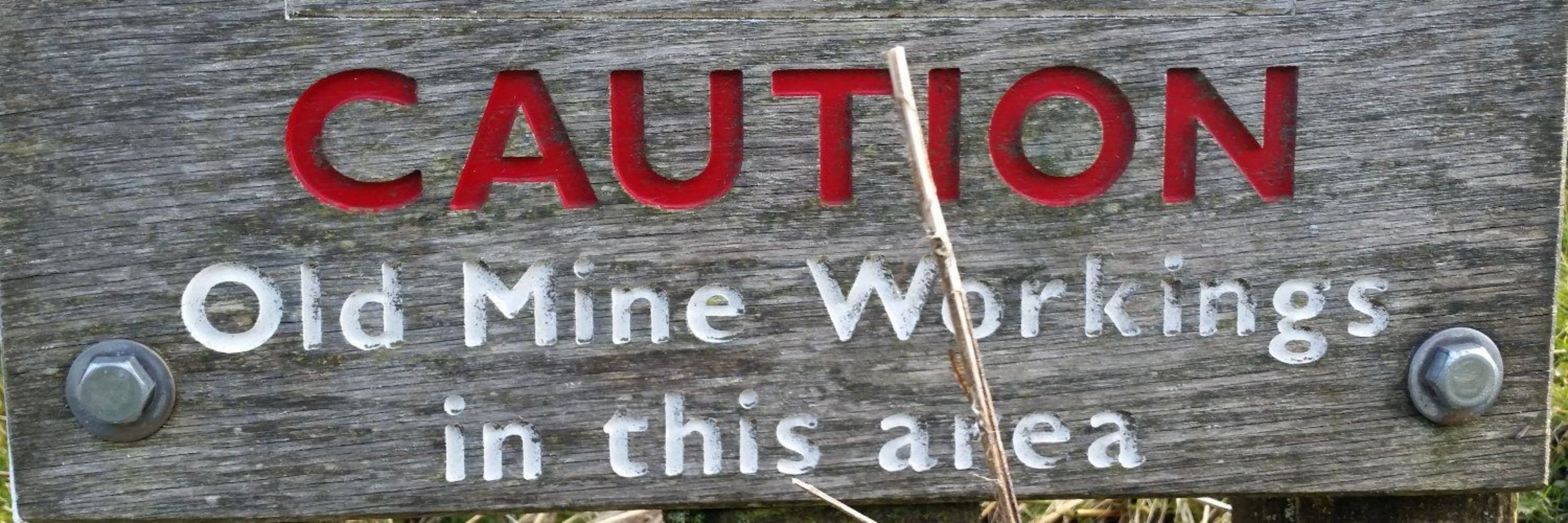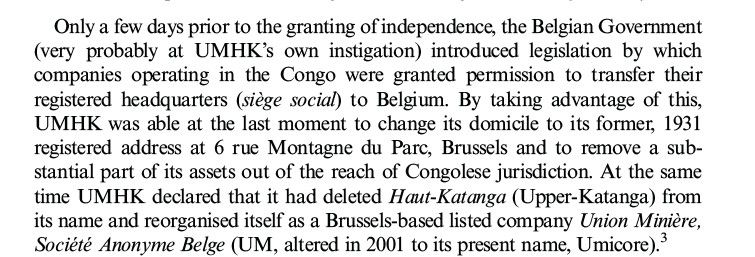
More on https://duncan.money
Contact: [email protected]
“When European settlers arrived in the region in the nineteenth century, they found the groundwater perplexing.”
niche-canada.org/2025/11/28/o...

“When European settlers arrived in the region in the nineteenth century, they found the groundwater perplexing.”
niche-canada.org/2025/11/28/o...
#histstm #histsci #histtech #envhist 🧪

#histstm #histsci #histtech #envhist 🧪


Do you know another history or environmental blog publishing at that rate?
We deserve your support: fundrazr.com/niche2025?re...
#envhist #envhum

Do you know another history or environmental blog publishing at that rate?
We deserve your support: fundrazr.com/niche2025?re...
#envhist #envhum
artsandculture.google.com/project/nati...
Its so exciting to make so much of our collection accessible this anniversary year for the railways from models and artwork to tools and vehicles!

artsandculture.google.com/project/nati...
Its so exciting to make so much of our collection accessible this anniversary year for the railways from models and artwork to tools and vehicles!
![Page from a book.
Text reads:
"Cost reduction is probably the most important reason for increasingly
prioritizing residential South Africans over FIFOs from Australia and other countries. One manager explained it to me as follows:
Australians are expensive because you have to fly them from Oz [to Zambia]. So over time, it's changed a bit because there's lot more guys available from South Africa and they are cheaper. Doesn't sound good, but they are a lot cheaper to employ, South Africans than Australians. So over time, there is quite a lot South Africans that are working here, a lot more than in the past. It's a cost thing. And it's easy. In and out. ... If you have a FIFO from Australia, it's ten weeks on, three weeks off. So every ten weeks, the guys go out for three weeks. It's disruptive. Whereas a lot of South Africans are residential. They are used to Africa. They like staying here. So it's much easier to work with guys that are residential.
He continued:
Our expat wages are lower than Lumwana [a mine further west owned by Barrick Gold]. A lot lower than what you get in Congo. But we've got the Golf Estate and that keeps the guys here. So it's a small price to pay that benefit.
In this statement, the second reason - continuity - is hinted at. Unlike other mines in Zambia, such as the Chinese state-owned Chambishi Mine, Kansanshi's plant has grown quickly and was continuously expanded over the years since its redevelopment. As a result, professionals' knowledge and expertise becomes difficult to replace. As the manager explained it to me:"](https://cdn.bsky.app/img/feed_thumbnail/plain/did:plc:dvob766dmgm2lzm4yro2hrhu/bafkreihrnn4wuayu3yvtjaik2y4bkw72jsxxpt6lqjcoi4iecsmz2f3aki@jpeg)
Mining past and present is very important, and have a huge impact on all our lives.
#mining #history #environment
“Mining the Past: What is the role of historians in the mining industry?”
📅 Nov 24, 2025
⏰ 3:00–4:30 PM CET
Haven’t registered yet? There’s still time: bit.ly/MiningThePast
#histSci

Mining past and present is very important, and have a huge impact on all our lives.
#mining #history #environment
Unformatted open access version on my UCL Profiles page

Unformatted open access version on my UCL Profiles page
We never met but we corresponded and he kindly shared details about Zambia's mining archives, what went missing and why.
www.tandfonline.com/doi/full/10....

We never met but we corresponded and he kindly shared details about Zambia's mining archives, what went missing and why.
www.tandfonline.com/doi/full/10....
www.mirror.co.uk/news/uk-news...

www.mirror.co.uk/news/uk-news...
"a provocative intervention into commodity and global history and a significant contribution to mining history"
muse.jhu.edu/article/971331
"a provocative intervention into commodity and global history and a significant contribution to mining history"
muse.jhu.edu/article/971331

"Many of our conventional mapping practices are ill-suited to the complexities and nuances of pre-modern politics"
culturalanalytics.org/article/8486...
"Many of our conventional mapping practices are ill-suited to the complexities and nuances of pre-modern politics"
culturalanalytics.org/article/8486...
Switzerland is a regulatory regime not a physical place for such companies.

Switzerland is a regulatory regime not a physical place for such companies.
hmml.org/stories/reve...

hmml.org/stories/reve...
@mininghistory.bsky.social’s insights on historians’ role in the mining industry sparked amazing discussions💡⛏️
Stay tuned for more events! 📚
#histSc
@mininghistory.bsky.social’s insights on historians’ role in the mining industry sparked amazing discussions💡⛏️
Stay tuned for more events! 📚
#histSc

Happening today at 3pm Central European Time:
univienna.zoom.us/meeting/regi...
Happening today at 3pm Central European Time:
univienna.zoom.us/meeting/regi...
The Goldbod is making its mark but until we get rigorous traceability, there will be questions about the environmental price we pay for its economic gains. Full issue here: www.thecontinent.org

The Goldbod is making its mark but until we get rigorous traceability, there will be questions about the environmental price we pay for its economic gains. Full issue here: www.thecontinent.org
Welcome to Issue 221 of The Continent
Nigeria’s security crisis deepens: 26 girls abducted in Kebbi State, more kidnappings elsewhere, and a top general killed — symptoms of a long-running, underfunded, corruption-riddled breakdown.
More inside: bit.ly/221_TC

Welcome to Issue 221 of The Continent
Nigeria’s security crisis deepens: 26 girls abducted in Kebbi State, more kidnappings elsewhere, and a top general killed — symptoms of a long-running, underfunded, corruption-riddled breakdown.
More inside: bit.ly/221_TC
“Mining the Past: What is the role of historians in the mining industry?”
📅 Nov 24, 2025
⏰ 3:00–4:30 PM CET
Haven’t registered yet? There’s still time: bit.ly/MiningThePast
#histSci

“Mining the Past: What is the role of historians in the mining industry?”
📅 Nov 24, 2025
⏰ 3:00–4:30 PM CET
Haven’t registered yet? There’s still time: bit.ly/MiningThePast
#histSci


